Exploring the oldest political parties in the world offers a fascinating glimpse into history. These organizations have shaped policies, represented ideologies, and endured through significant changes in government. Each has its own story, rooted in the social and political fabric of its time. Here, we delve into some of the most storied political parties and their roles in shaping national and global affairs.
Tories (Conservative Party) – United Kingdom
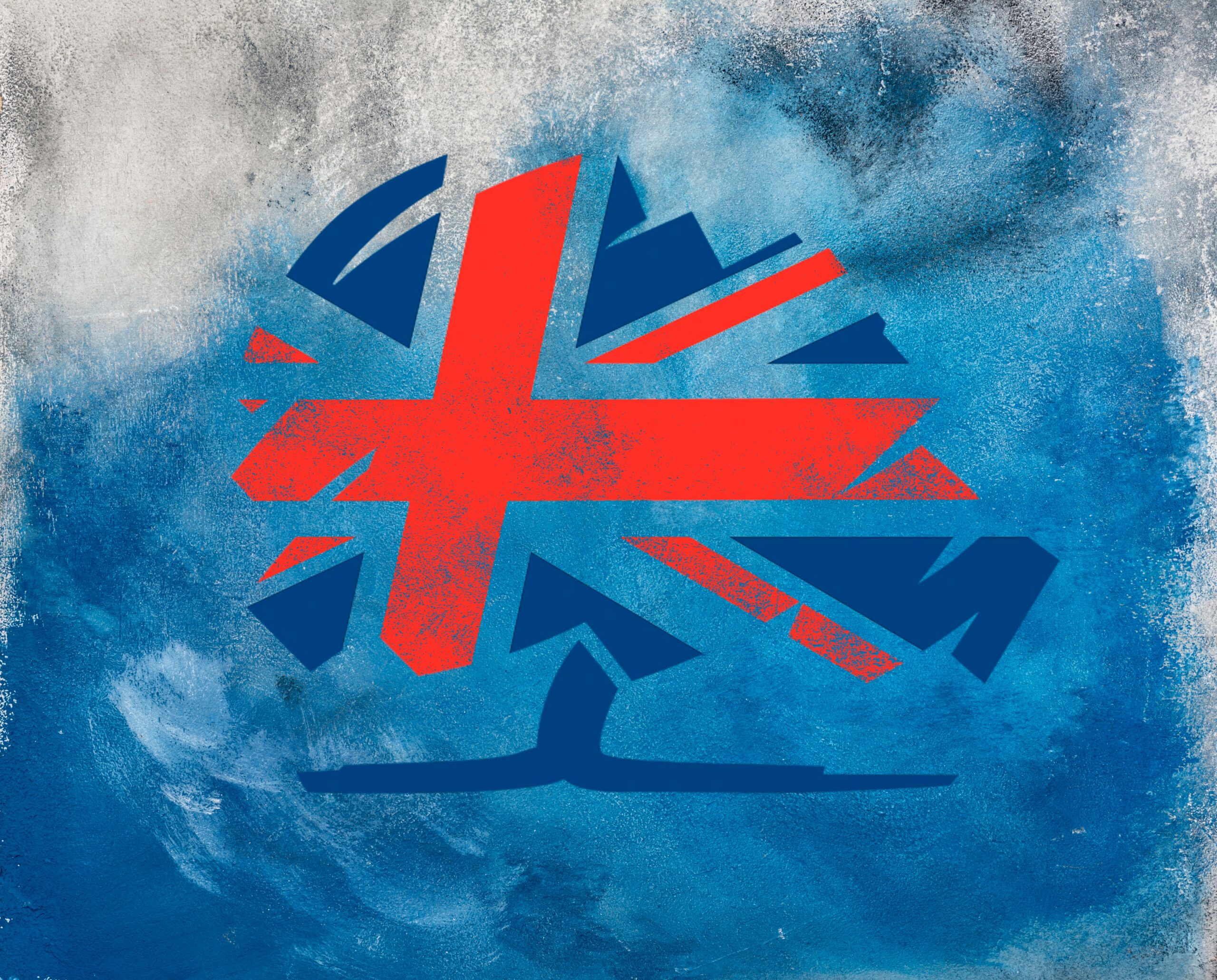
The Tories, now known as the Conservative Party, are one of the oldest political factions globally. They were established in 1678, making the party over 340 years old today. This British political entity began as a defender of monarchy and tradition, forming a counterpoint to the Whig Party’s more liberal views. Over centuries, the Conservative Party evolved, gradually embracing reform and adapting to modern needs. Its ideology focuses on free-market principles, strong national defense, and traditional values. Today, the Conservative Party remains highly active in UK politics, often seen as a dominant force in British government, embodying a blend of conservatism and pragmatism.
Democratic Party – United States
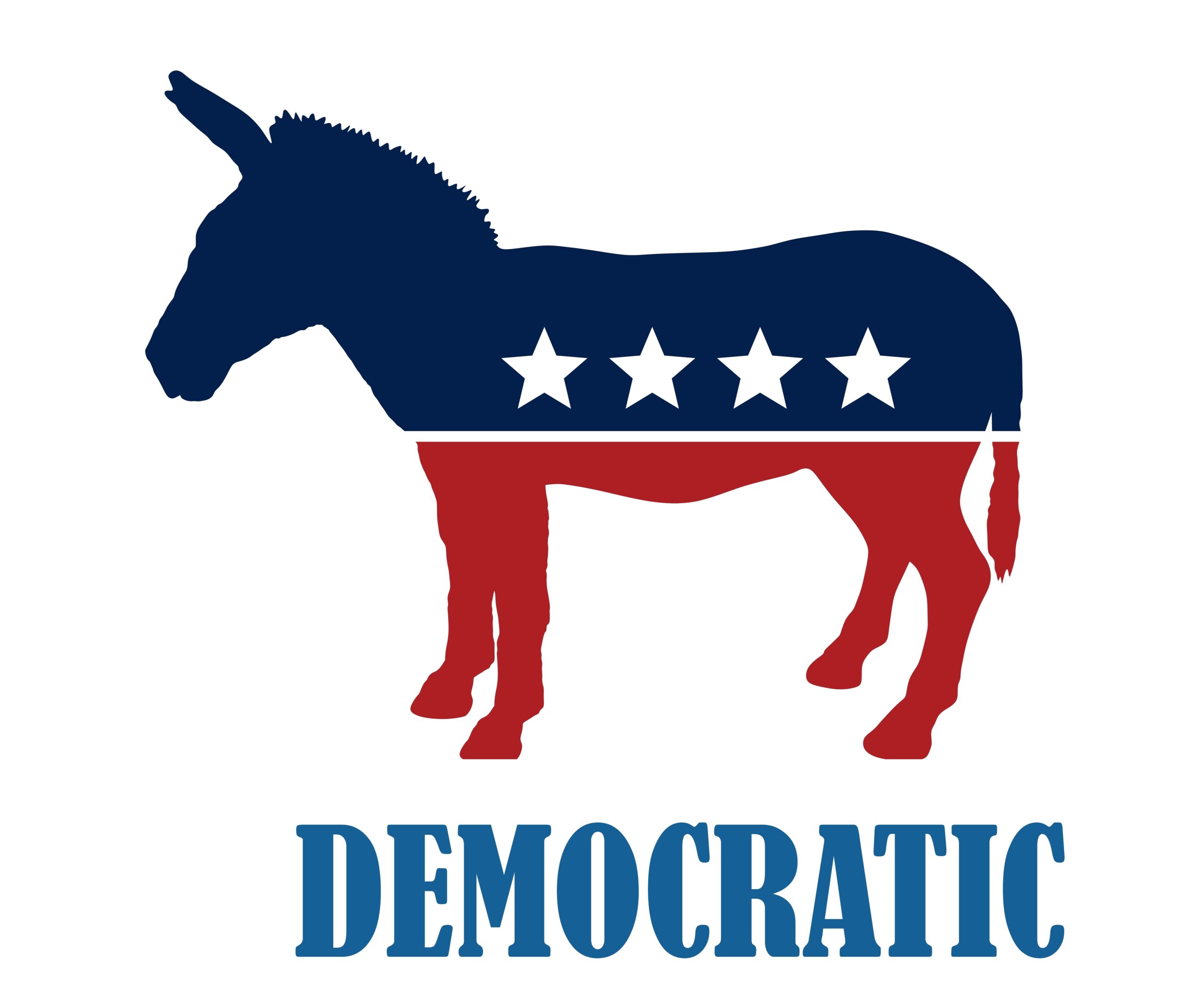
The Democratic Party was founded in 1828 in the United States and stands as one of the world’s oldest active political parties. Its origins trace back to the populist movements of the early 19th century, originally rooted in agrarian and working-class ideals. Over nearly 200 years, the party shifted ideologies, now supporting social equality, environmental protection, and labor rights. With a current age of around 195 years, it remains a leading political organization in the U.S. Today, the Democratic Party is a major force in American politics, upholding values of inclusivity and progressive reform.
Republican Party – United States
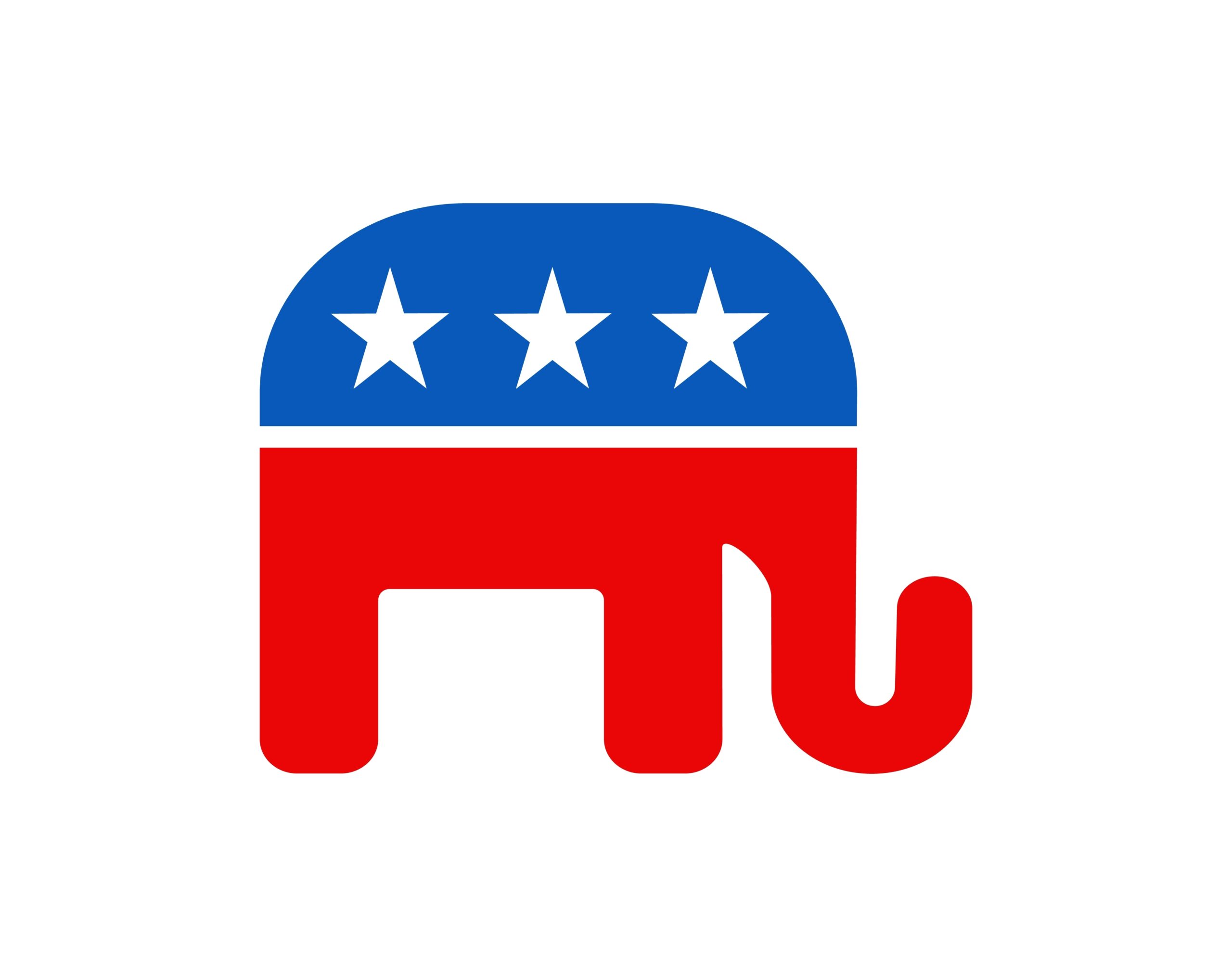
Established in 1854, the Republican Party in the United States emerged as an anti-slavery force, making it over 170 years old. Initially, it was created to oppose the expansion of slavery in the American territories. The party rapidly grew, aligning with pro-business, conservative principles. Today, it is known for its emphasis on limited government, free-market capitalism, and individual liberty. The Republican Party continues to play a significant role in U.S. politics, firmly rooted in American conservative values and remaining one of the country’s two major political parties.
Liberal Party – United Kingdom
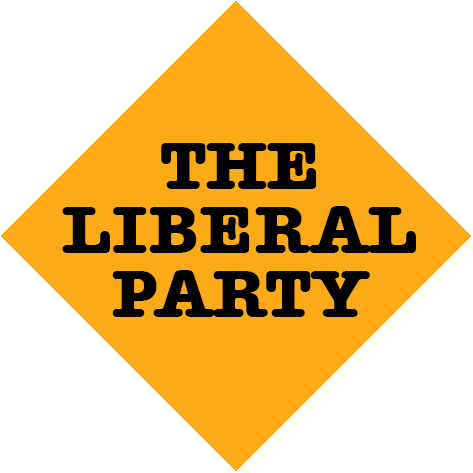
The Liberal Party in the United Kingdom was formed in 1859, making it over 160 years old. Its creation came from the merging of Whigs and other progressive groups who advocated for social reforms and individual rights. Throughout the 19th and early 20th centuries, the party was a dominant political force, championing policies on welfare, trade, and education. However, by the 20th century, its influence waned, leading to the formation of the Liberal Democrats. Though not active today in its original form, the Liberal Party’s contributions to democratic reforms are undeniable.
Labour Party – United Kingdom

The Labour Party in the United Kingdom was founded in 1900, marking it over 120 years old today. It originated from trade unionists and socialists who sought to represent working-class interests in parliament. The party’s early ideologies centered on social justice, workers’ rights, and public ownership. Over time, Labour shifted toward a more moderate social-democratic stance, focusing on welfare, healthcare, and education. The Labour Party remains highly active in British politics, offering an alternative to conservative policies and championing social equity.
Indian National Congress – India
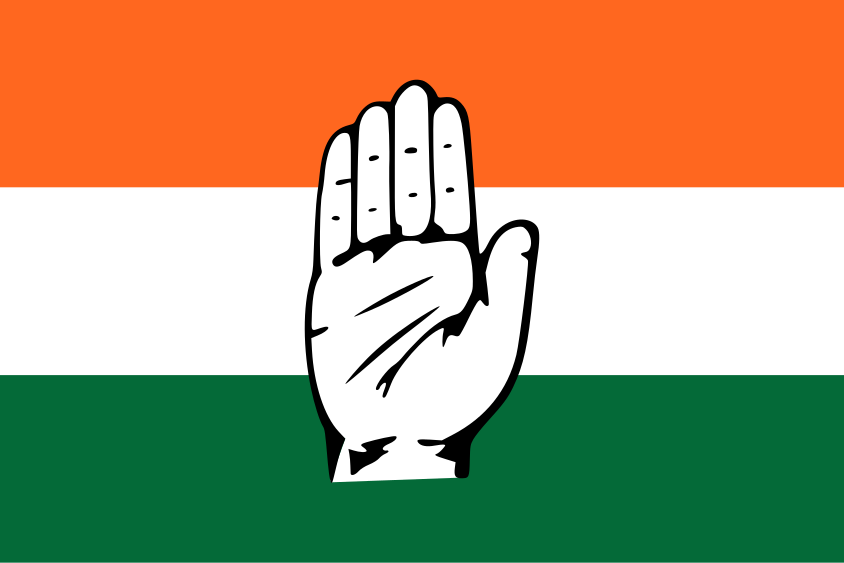
The Indian National Congress (INC) was established in 1885, making it nearly 140 years old. Founded during British rule, the INC initially sought greater political representation for Indians. It eventually became the leading force in India’s independence movement, with leaders like Mahatma Gandhi and Jawaharlal Nehru. Post-independence, the INC played a central role in shaping modern India, promoting secularism and democracy. Although it faces strong opposition today, the Congress Party remains an active player in Indian politics, upholding its legacy of unity and reform.
Social Democratic Party of Germany (SPD) – Germany

Founded in 1863, the Social Democratic Party of Germany (SPD) is one of the oldest active socialist parties, with an age exceeding 160 years. Initially created to represent the working class, it evolved through challenging periods, including bans under the German Empire. The SPD’s core ideology focuses on social democracy, advocating for workers’ rights, economic equity, and public welfare. Throughout German history, the SPD has consistently adapted to political shifts and remains influential in German politics, shaping policies on social justice and economic reforms to this day.
Kuomintang (KMT) – Taiwan
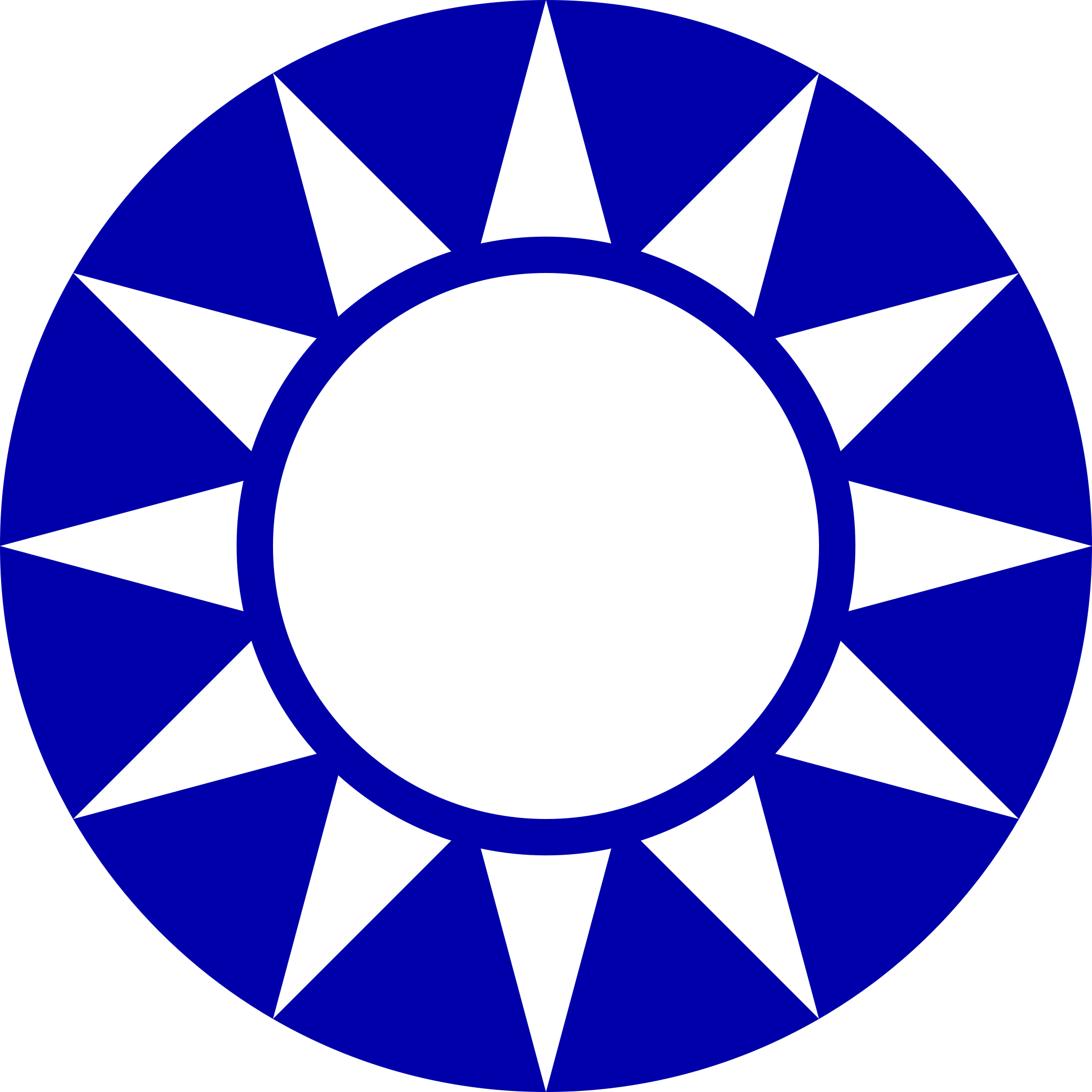
The Kuomintang (KMT) was founded in 1894, making it over 125 years old. Initially formed as the Revive China Society, it became a prominent party under Sun Yat-sen’s leadership. The KMT played a major role in China’s early 20th-century revolution, eventually becoming Taiwan’s dominant party after the civil war. Its core ideology combines nationalism, anti-communism, and political reform. The KMT advocates for cross-strait stability between Taiwan and China while promoting Taiwan’s unique identity. It remains highly active in Taiwan’s political scene, representing a conservative stance within Taiwanese society.
Communist Party of China – China
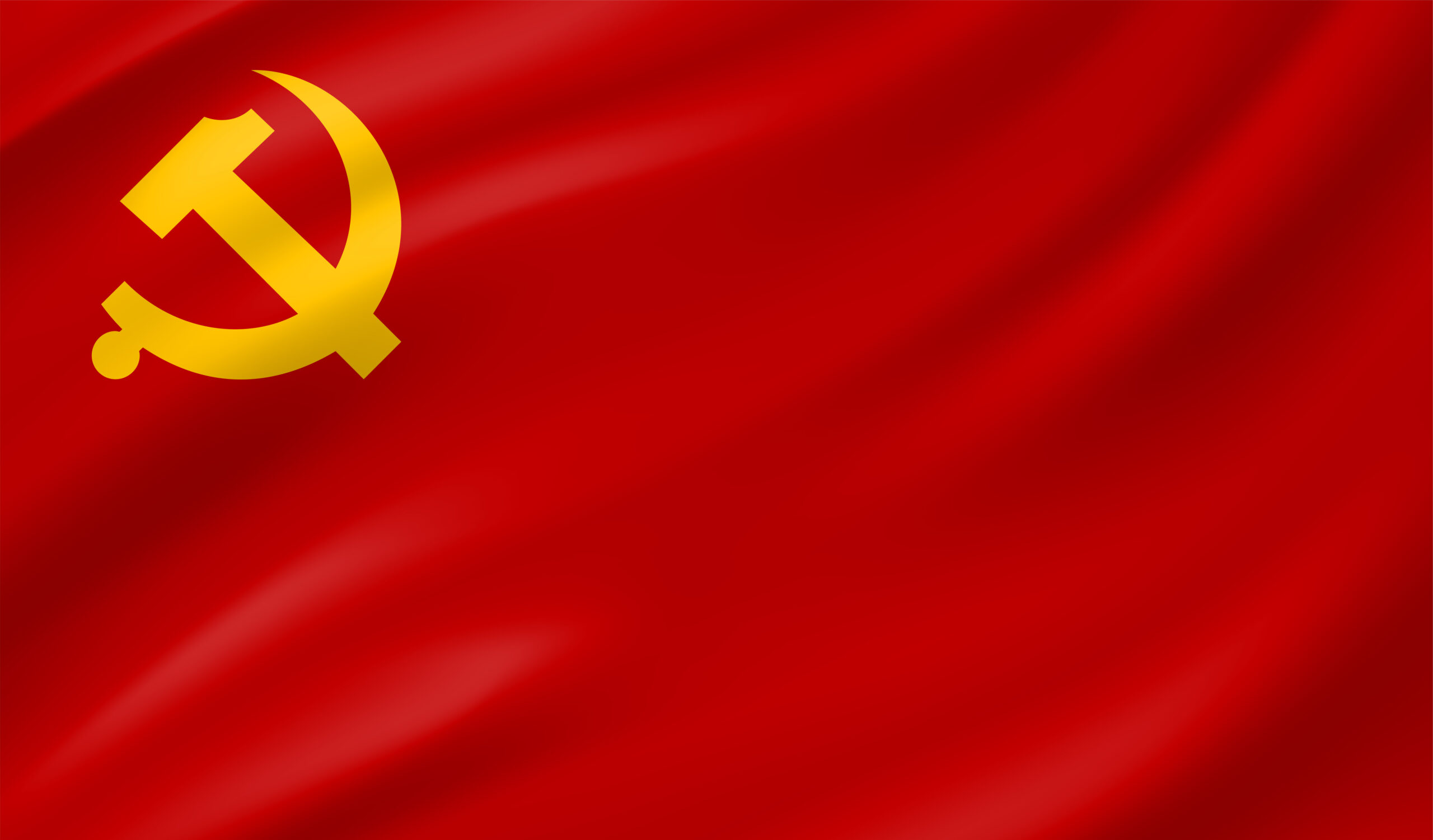
The Communist Party of China (CPC) was founded in 1921 and has been China’s ruling party since 1949. Over a century old, the CPC is grounded in Marxist-Leninist principles, combining socialism with Chinese characteristics. Its establishment marked the beginning of China’s modern communist movement, led by figures like Mao Zedong. The party’s ideology focuses on socialism, economic development, and state-led growth. Today, the CPC remains China’s sole governing party, centralizing power and shaping national policies. It is one of the world’s largest political organizations, continuously adapting to maintain its influence.
Liberal Party – Canada
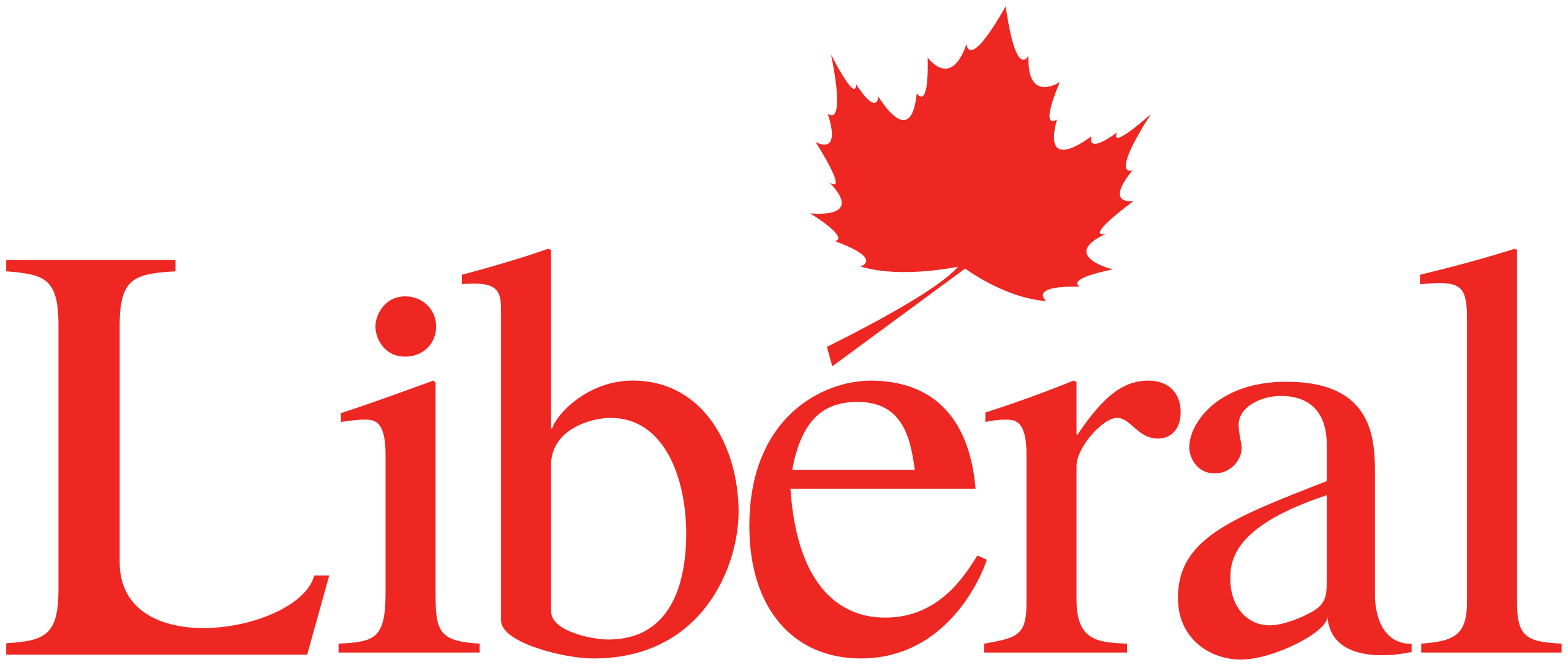
Canada’s Liberal Party was established in 1867, making it over 150 years old. It was founded at the time of Canada’s confederation and became one of the country’s leading political groups. The party’s ideology centers on social liberalism, emphasizing individual rights, public healthcare, and multiculturalism. Known for its progressive stance, the Liberal Party has guided several key Canadian policies. Today, it is still highly active, remaining one of Canada’s primary political parties. The Liberals continue to influence Canadian governance, advocating policies that reflect their modern, inclusive values.
Social Democratic Workers’ Party – Netherlands

The Social Democratic Workers’ Party (SDAP) was founded in 1894, making it over 125 years old. Originally formed to represent Dutch working-class interests, it laid the foundation for the current Labour Party in the Netherlands. SDAP’s ideology was grounded in democratic socialism, advocating for workers’ rights, social justice, and economic equality. Though it merged into the Labour Party in 1946, the party’s values continue to resonate in Dutch politics. The SDAP legacy lives on, shaping progressive policies and labor rights through its successor party.
Partido Nacional – Uruguay

Uruguay’s Partido Nacional, also known as the National Party, was founded in 1836, making it nearly 190 years old. Known as the “Blanco” Party, it was established to represent rural and conservative interests against the urban Liberal faction. Partido Nacional’s ideology has traditionally supported traditional values, agrarian issues, and regional autonomy. The party remains highly influential in Uruguay’s politics, often competing for power with the Colorado Party. Today, Partido Nacional is still active, standing as a significant force that continues to represent conservative views in Uruguay.
Australian Labor Party – Australia
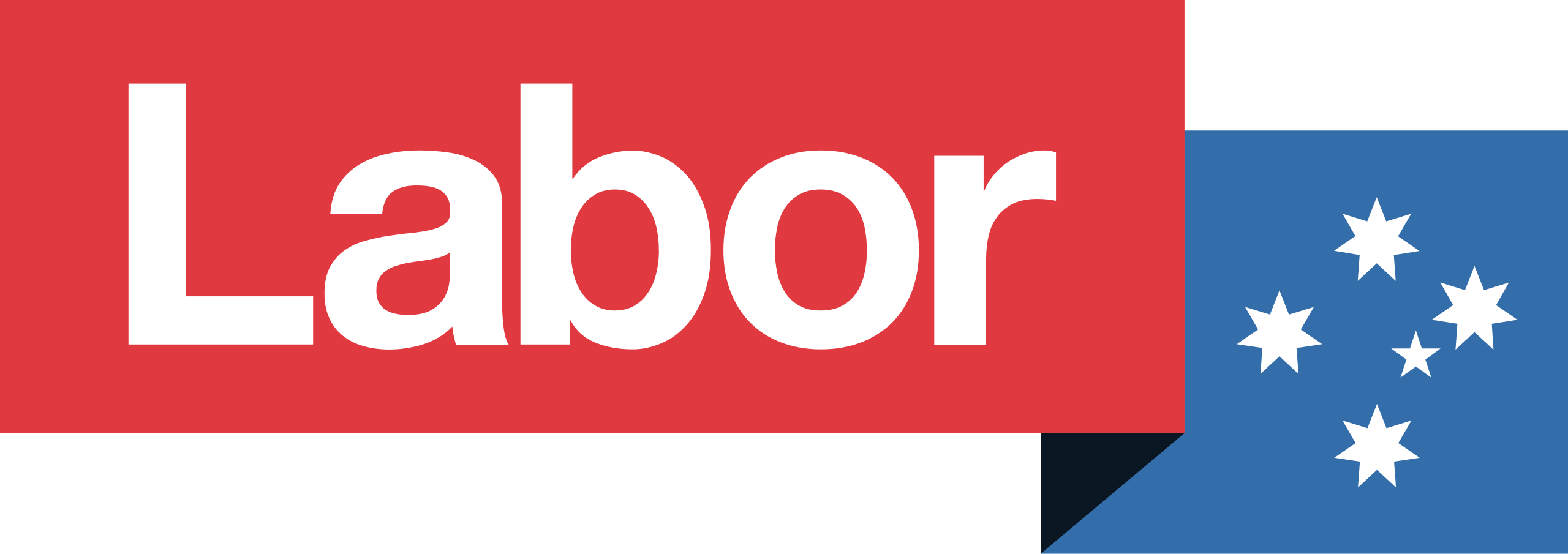
The Australian Labor Party (ALP) was founded in 1891, making it over 130 years old. Emerging from the labor movement, it became the first political party in Australia advocating for workers’ rights. The ALP’s ideology is based on social democracy, focusing on fair wages, social services, and economic equality. Throughout history, it has introduced key policies on healthcare, education, and workers’ welfare. The ALP remains highly active, frequently serving in government and promoting progressive values. Today, it stands as one of Australia’s main political parties, advocating for social justice and economic reform.
This article originally appeared on Rarest.org.
More from Rarest.org
19 Breathtaking Hiking Trails That Wind Through Pristine Nature

Hiking offers a chance to escape into nature and explore some of the most breathtaking landscapes the world has to offer. Read More.
19 Extraordinary Insects That Live in Untouched Forests

Untouched forests are home to some of the most extraordinary insects on Earth, many of which are rarely seen due to the remote and pristine nature of their habitats. Read More.
19 Unique Freshwater Fish Thriving in Lakes and Rivers
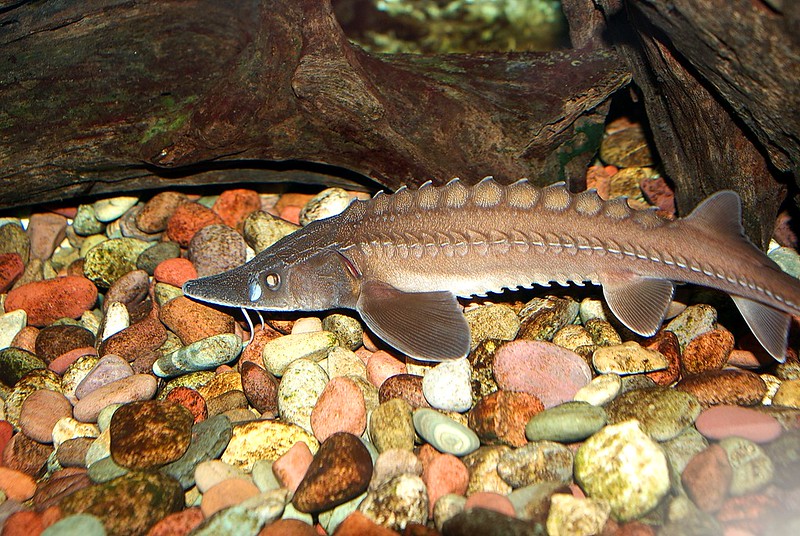
Freshwater lakes and rivers are home to a fascinating array of unique fish species, each thriving in its own way within these diverse ecosystems. Read More.
